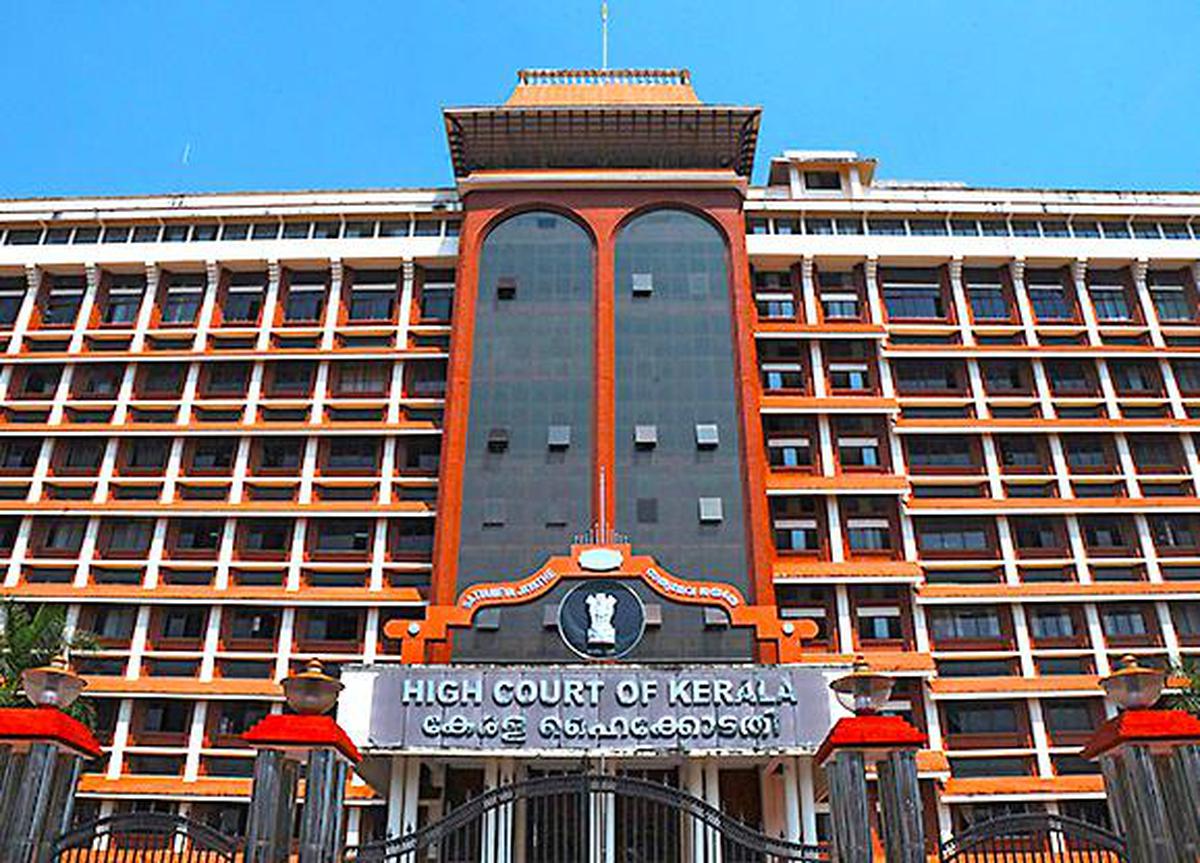“Investigation agencies rely significantly on scientific evidence for probing crimes. At present, we cannot simply lament over the lack of staff and infrastructure,” the Court stated.
On Tuesday, the Kerala High Court underscored the significance of prompt forensic analysis in criminal proceedings and voiced criticism over the tardiness in delivering scientific reports, particularly amidst escalating crime rates [Sanjay Oraon v State of Kerala & Anr.].
Justice CS Dias, presiding as a single judge, emphasized that investigative agencies heavily depend on scientific evidence and technology. Therefore, the inadequacy of infrastructure and staff in forensic institutions cannot justify delays in obtaining scientific reports.
“We’ve entered the 75th year of independence. It’s widely acknowledged that investigation agencies now rely heavily on scientific evidence and technology for probing crimes. In this era, we cannot simply bemoan the shortage of staff and inadequate infrastructure,” the Court stated.
Justice Dias referenced prior judgments to highlight the constitutional right of an accused to a speedy trial.
“With the concerning and substantial surge in crimes in recent years, it is imperative that we establish facilities for the administration of justice promptly, especially given the emphasis placed on the accused’s entitlement to a speedy trial by the Honourable Supreme Court in Hussainara Khatoon (I) v. Home Secy., State of Bihar [(1980) 1 SCC 81], which is deemed implicit within the purview of Article 21 of the Constitution of India. If the scientific analysis is unduly delayed, as in the current case, the accused may exploit it as a significant defense, to the detriment of the broader public interest,” the single-judge remarked.
The High Court was deliberating on a bail application submitted by an individual from West Bengal accused of murder under Section 302 of the Indian Penal Code (IPC).
The petitioner asserted his innocence and highlighted his financial difficulties and extended detention.
Nevertheless, the prosecution objected to his bail request, citing the gravity of the offense and also alleging that the accused posed a risk of fleeing.
The High Court had requested a status report from the Additional Sessions Judge regarding the progress of the trial.
However, the Additional Sessions Judge reported a delay caused by the lack of forensic reports.
Based on the aforementioned report, the High Court instructed the Investigating Officer to submit an affidavit clarifying the reasons why the report and evidence from the forensic science laboratory (FSL) were not presented before the lower court.
Both the Investigating Officer and the Director of the FSL provided justifications for the delay, attributing it to a backlog of cases and a shortage of staff.
However, the High Court criticized the delay, underscoring the importance of timely forensic evidence and referring to previous judgments that emphasized the right to a speedy trial.
“In the given context, the explanation provided by the FSL Director, attributing the prolonged delay of four years to the substantial increase in cases under the POSCO Act and staff shortages, does not find favor with this Court as it does not align with the principles of the speedy and fair trial doctrine as proclaimed by the Supreme Court,” stated the High Court.
While acknowledging the duration of the petitioner’s custody, the High Court denied bail due to concerns about flight risk and directed for an expedited trial to be completed within four months.
Furthermore, it instructed the FSL to prioritize forensic analysis and issued orders for compliance to the relevant authorities.
Advocate NB Fathima Sulfath represented the petitioner, while Public Prosecutor CK Suresh and ADGP Grashious Kuriakose represented the State authorities.



